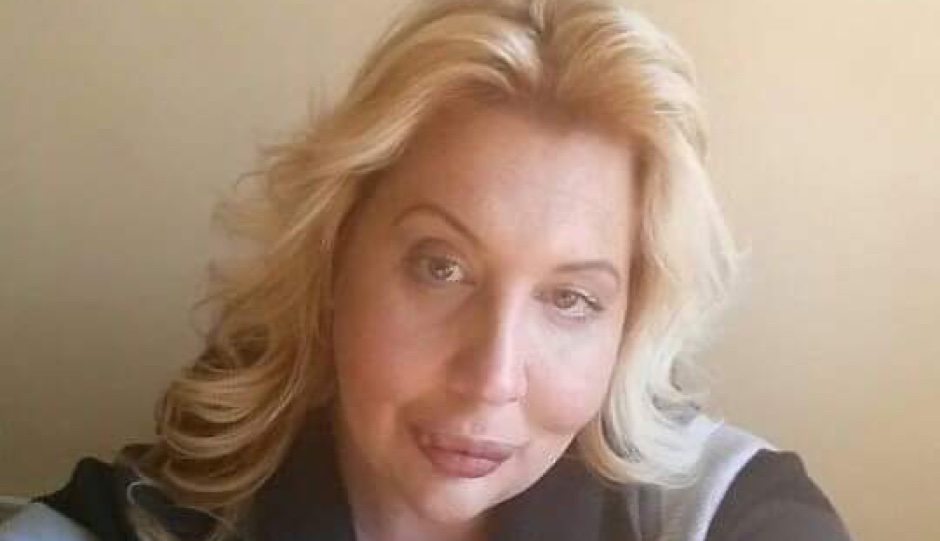LGBTQ&A: Deja Lynn Alvarez

Deja Lynn Alvarez
Deja Lynn Alvarez is a trans woman who has provided LGBTQ youth wellness and service training throughout Philadelphia for years. She previously worked at GALAEI pursuing trans activism within the larger community, and later became director of the Divine Light LGBTQ Wellness Center. Alvarez was recently hired as the assistant prevention navigator for the city’s Department of Public Health, where she addresses HIV/AIDS prevention for LGBTQ youth of color.
What life experiences have inspired your advocacy work?
I grew up the in Delaware suburbs with no knowledge of who I was. I always knew I was a girl, but my body was different. When I was young, I had a boyfriend who took me out to Center City — that’s when I saw how so many more trans women lived freely. During those years, I had to do sex work to survive. A trans woman couldn’t just walk into a job and safely get stable work. I learned about these experiences while living in Philadelphia. It was a means of survival for women like me. Discrimination and difference made it feel like I didn’t have a lot of options. I remember going from house to house. I remember trans women during those early years having operations on the kitchen room table. It was reality. Now, I reflect on those moments and I feel like a parent hearing many of the youth at the center have some similar experiences and wanting more for them. Those experiences made me committed to showing them that there are more resources available for them now than there ever were before.
How did such passions led to the creation of the Divine Light LGBTQ Wellness Center?
Last year, I built a great bond and trust with Sakina Dean, the executive director of Divine Light. Her organization provides recovery centers and facility houses for vulnerable populations, and through our connection we both agreed that LGBTQ needed something a little more stable, something more direct. Last September, the Divine Light LGBTQ Wellness Center was born as a response to that. We got an old convent house up on 2831 North Hutchinson in North Philly and now host 34 people comfortably. We didn’t think about projections and big figures — I honestly said to Sakina, in the words from the film Field of Dreams, “build it, and they will come.” They have, and we continue to see progress.
You seem to be very active in the community. How did you make time to work at the city’s Department of Public Health?
The opportunity was very timely as I was in transition from GALAEI and comfortably adjusted to managing facilities at Divine Light. I was recommended by my colleagues for this position that I am humbled to have accepted. The work of a prevention navigator is one that is about reshaping the current culture surrounding HIV/AIDS in vulnerable LGBTQ communities of color. When the HIV test comes up negative, you get sent home with a brown bag of condoms and that’s it. Only when one was tested positive would they be linked to medical case management. The program is about extending the level of services to help to people who aren’t HIV-positive. I plan to find out what are the barriers for them in employment, education, and other hardships that may later put them at higher risk. Prevention is not just about passing condoms out in the Gayborhood anymore — it’s about reshaping the focus on overall internal and institutional wellness.
What advice would you give to the community as a whole?
We need to overall produce constant cycles of wellness and support. You can give someone a roof over their head and three meals a day, but that is an immediate need. The community can do more to think about more long-term solutions that can impact our youth after the immediate attention. There’s recently been lots of talk about the roles of allies in the community. I think we have to take them seriously and recognize that they are necessary to our progression. Folks like Mayor Jim Kenney, who has gotten behind the work that’s happening at Divine Light and our initiatives. People like Sakina Dean, who is a straight cis-gendered Christian women who has a profound level of compassion that many folks don’t necessarily expect from allies. And lastly, many LGBTQ advocacy groups should stop worrying about the money and focus on the people itself. Folks worry about money too much. They often are worried about the quotas and figures. If we focus more directly on those impacted in the community, the work will speak for itself. We should focus more on impact.
To learn more about how you can help support the Divine Light LGBTQ Wellness Center, check out their official Facebook page.


